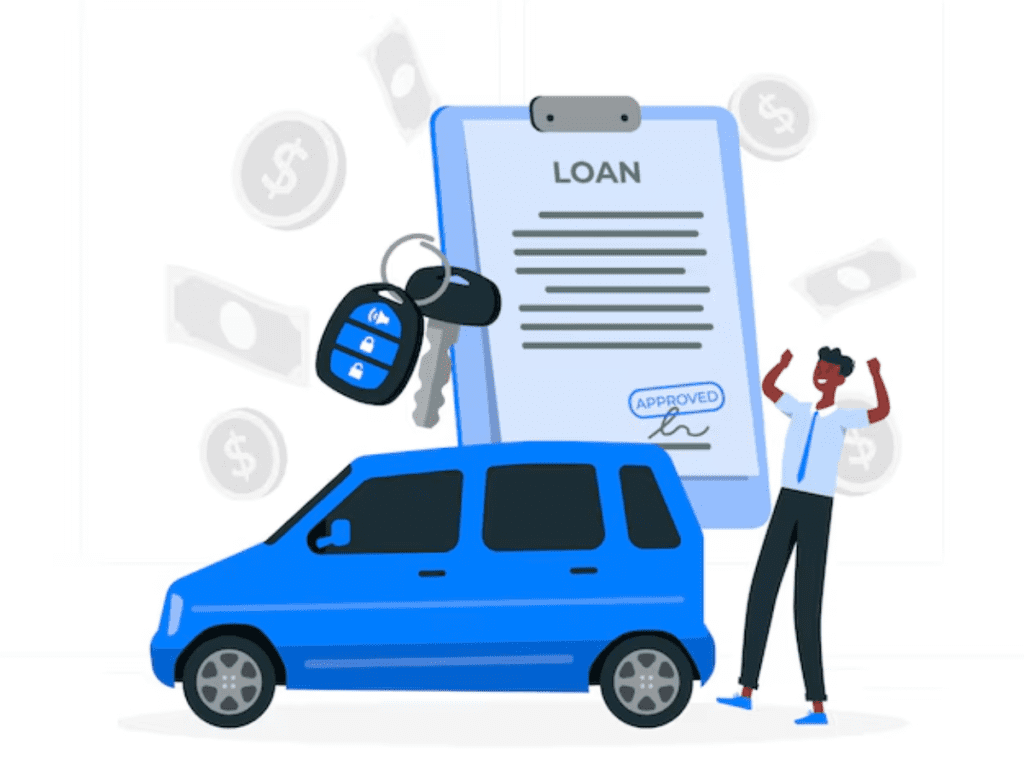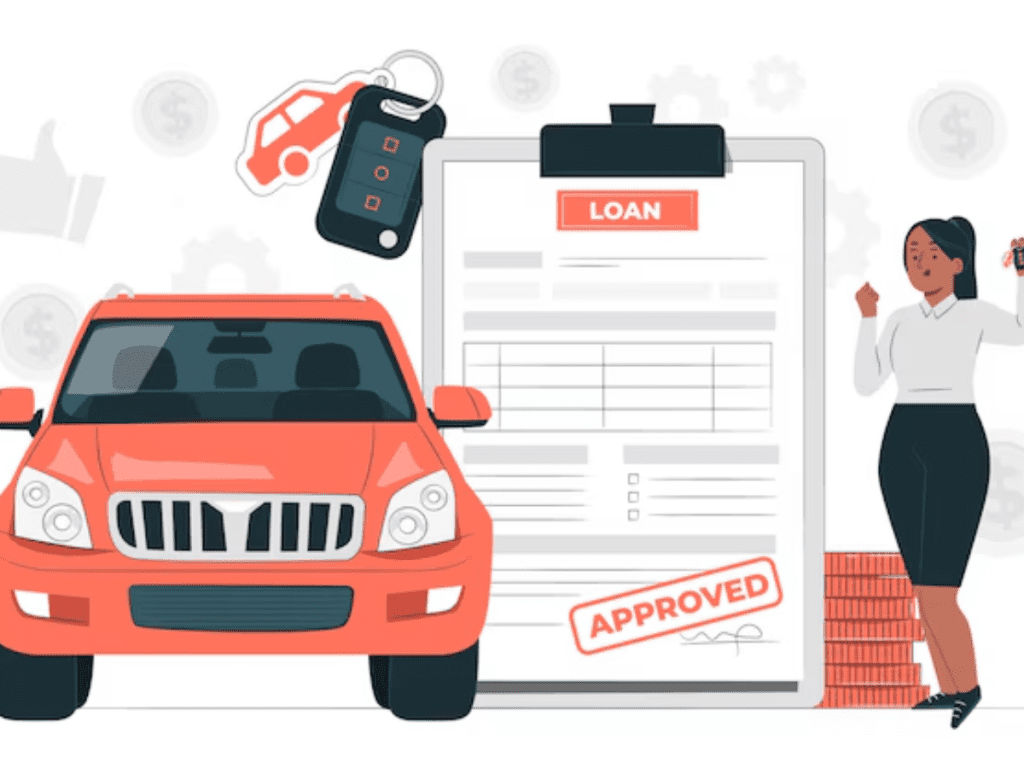Introdution
When purchasing a vehicle, one of the biggest financial decisions you’ll face is whether to lease or buy. Both options come with their own advantages and drawbacks, and the best choice depends on your financial situation, driving habits, and long-term goals. While leasing offers lower monthly payments and access to the latest car models, buying provides long-term ownership and eliminates monthly expenses over time.
Knowing the cost of each option is important to making an affordable choice. This article delves into the most important differences between leasing and buying, comparing prices, advantages, and possible disadvantages to assist you in deciding which choice best suits your requirements.
Leasing vs. Buying: What You Need to Know
Before we jump into cost comparisons, it’s important to know how leasing and buying operate.
Leasing a Car
Leasing a vehicle is, in effect, renting it for an agreed-upon time, usually two to four years. You pay monthly installments instead of paying the full price of the car when you buy it. At the end of the lease, you give the car back to the dealer or may be able to purchase it at a prenegotiated price.
Key Features of Leasing:
Smaller monthly installments compared to buying.
Typically has little to no down payment.
Under warranty for the majority of the lease term.
Limitations on mileage use.
No equity – you have to bring the car back unless you want to purchase it.
Buying a Car
When purchasing a car, you pay it in full or finance it using an auto loan. If financed, you make payments towards owning it every month. After completing the loan payments, the car is yours to own for the rest of your life.
Key Features of Buying:
Bigger monthly payments than leasing.
Larger down payment is necessary.
No limit to miles driven – drive as many as you please.
Ownership of car after loan payment.
Resale value of car depreciates over time but can be sold or traded in.
Cost Comparison: Leasing vs. Buying
We now have an understanding of leasing and buying and how they operate. Let’s look at breaking down cost considerations.
1. Upfront Costs
The initial outlay to obtain a car varies greatly between buying and leasing.
- Leasing: Often involves paying less down payment or no down payment. You will also be required to pay the first month’s lease charge and acquisition fees.
- Buying: Calls for a larger down payment, often 10-20% of the entire cost of the car. You also have to pay registration fees, taxes, and other upfront costs.
Verdict: Leasing is more affordable in the short term since it requires less money upfront.
2. Monthly Payments
- Leasing: Monthly payments are lower because you’re only paying for the car’s depreciation during the lease term, not the full value of the vehicle.
- Buying: Higher monthly payments since you’re paying off the entire cost of the vehicle over time. However, once the loan is paid off, there are no further payments.
Verdict: Leasing wins in terms of lower monthly expenses, but buying is a better long-term investment.
3. Long-Term Cost
- Leasing: Because you never own the vehicle, you always have monthly payments if you keep leasing every couple of years. These expenses pile up over time.
- Buying: Once the loan is paid in full, the vehicle is yours and you no longer have monthly payments. This is why buying is cheaper in the long term.
Verdict: It is less expensive in the long term since you ultimately cut out monthly payments.
4. Maintenance & Repairs
- Leasing: Most cars leased are still under manufacturer warranties, which include extensive repairs. However, you will need to bring back the vehicle in good shape to prevent additional fees for wear and tear.
- Purchasing: The older the car gets, the higher the cost of maintenance and repairs. The owners have to plan for charges such as oil changes, brake replacements, and surprise repairs.
Verdict: Leasing is more suitable for people who don’t want to incur repair bills.
5. Depreciation & Resale Value
- Leasing: You don’t need to bother about resale value since you hand over the vehicle at the lease end.
- Buying: The worth of the car diminishes as time passes, and its sale value is contingent on aspects such as mileage, condition, and market demand.
Verdict: Leasing erases concerns regarding depreciation but purchasing enables you to recoup some expenses at the time of selling the car.
6. Flexibility & Ownership
- Leasing: Suitable for those who enjoy driving a new car every few years. Leases, however, come with mileage restrictions (typically 10,000 to 15,000 miles annually), and going over them incurs penalties.
- Buying: Provides full ownership and freedom. You can change, sell, or retain the car as long as you desire without any limitation.
Verdict: The purchase provides more long-term autonomy, but leasing suits those who like new cars every now and then.
Which Option Is More Cost-Effective?
The most cost-saving alternative is based on your needs.
Leasing is a better option if you:
Like having a new car every few years.
Have lower monthly installments and fewer maintenance costs.
Won’t drive extensively and may remain within the mileage limits.
Appreciate having the option of moving to new models.
You should buy instead if:
Will retain your car for a very long time.
Desire to not make long-term lease payments and enjoy building equity.
Drive extensively and do not prefer mileage limitations.
Prefer to make custom or alter your vehicle.
Financial Analysis: Lease vs. Buy Example
Let’s use a sample example to compare leasing and buying.
| Factor | Leasing a Car | Buying a Car |
|---|---|---|
| Down Payment | $2,000 | $5,000 |
| Monthly Payment | $350 | $500 |
| Term Length | 3 Years | 5 Years |
| Total Paid Over Term | $14,600 | $35,000 |
| Ownership | No | Yes |
| Resale Value | N/A | $12,000 (after 5 years) |
| Maintenance Costs | Low (under warranty) | High (after warranty ends) |
- After three years, you have to return a leased vehicle, and you lease another or buy it.
- After five years, the car that was bought is owned entirely, and the driver no longer pays monthly.
Further Considerations: Other Issues Affecting Your Choice
Outside of cost, there are various other considerations affecting whether leasing or purchasing is your best option. These are lifestyle factors, financial strength, tax benefits, and credit needs. Let’s have a closer look.
1. Lifestyle & Driving Habits
Your daily life and driving behaviors can affect what is best.
- Leasing is perfect for:
Individuals who commute moderate distances and can remain under mileage restrictions.
Those who value the newest tech and safety advancements in newer cars.
Drivers who want a maintenance-free experience with minimal to zero maintenance issues. - Buying is more suited for:
Individuals who drive long distances or utilize their vehicle for work travel.
Individuals who desire the freedom to retain, alter, or resell their vehicle.
Motorists who are willing to accept possible long-term repair expenses.
Tip: If you consistently drive more than 15,000 miles per year, purchasing might be the better deal as going over mileage limits on a lease generates pricey overage fees.
2. Financial Stability & Credit Requirements
Your finances and credit rating have a large bearing on leasing vs. purchasing being the superior alternative.
- Leasing: Needs a good to excellent credit rating (usually 700+) to be eligible for low monthly payments and good terms. If your credit rating is lower, you might have to pay more to lease or need to pay a higher upfront fee.
- Purchasing: More flexibility when it comes to finances. While an improved credit score gets better terms on car loans in the form of lower rates, people who have lower credit scores can nevertheless buy a vehicle by paying higher interest or finding a secondhand car.
???? Tip: If you have very good credit and don’t mind paying low monthly amounts, leasing is a wonderful option. But if you would rather accumulate equity and own the car in full, buying would be the financial choice to make.
3. Tax Benefits & Business Use
If your car is used for business purposes, leasing can prove to have tax benefits.
- Leasing: Companies can usually deduct lease payments as a business expense, which makes leasing tax-friendly.
- Buying: If you drive your car for business purposes, you can claim depreciation deductions and other tax incentives.
Tip: If you have a business or use your car for work, ask a tax expert to determine which option offers the most financial benefit.
4. End-of-Term Considerations
What do you do at the end of your loan or lease term?
- Leasing:
- You have to return the car, lease another one, or purchase the car at its stated residual value.
- You can be charged extra for wear and tear, or excess mileage.
- If you don’t need the car anymore, you don’t have to think about selling it.
- Purchasing:
- After you pay off the loan, you own the car outright and can use it without any monthly payments.
- You can trade it in or sell the vehicle at any time.
- You are liable for all repairs and maintenance once the warranty period is over.
Tip: If you like driving new vehicles frequently and don’t mind not having to worry about resale issues, leasing could be the way to go. If you like long-term financial independence, purchasing is the better option.

